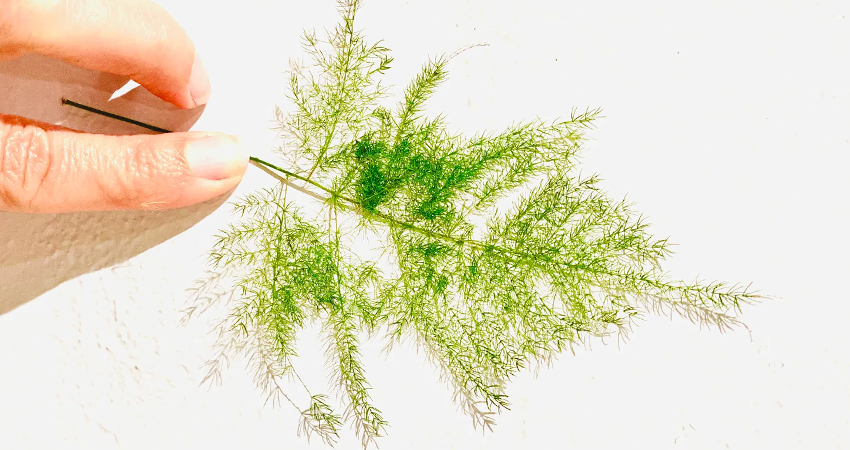Changing the metaphor from colonisation to renewal?
Biomimicry is defined as learning from the genius of nature how to be gently and respectfully innovative. I will apply this to spirituality/wellbeing and to organisations such as faith communities in these posts. This is not new nor am I idealising nature- it’s simply something that is capturing my imagination recently.
“The genius of man may make various inventions, encompassing with various instruments one and the same end; but it will never discover a more beautiful, more economical, or a more direct one than nature’s, since in her inventions nothing is wanting and nothing is superfluous.” — Da Vinci
When I was a child I used to love the TV series Little House on the Prairie. When I became older I read the book series and it still evoked strong emotions in me. I loved watching this small family start a new life in a land they knew very little about and slowly making it their home. I think I loved watching home-making in an unfamiliar place. Ever since then I have been drawn to pioneering. Exploring new territory is in my DNA as my grandparents immigrated from Europe to South America and my parents immigrated from South America to Australia.
Pioneering is also a contentious word. It can conjure up images of colonisation and disrespect to indigenous communities. It is certainly insulting to say that a land is barren when in fact it has been inhabited for ages by first nations people. And those who pioneered “new” lands were very often disrespectful, fearful and utterly cruel towards those people. Even in Little House on the Prairie I can recall the fear that the pioneers had towards the native people of those lands. It possibly even contributed to instilling some caution, fear and prejudice in me of “the other”. I understand we need to urgently process these things, absorb them and make amends.
I’m still emotionally drawn to this practice of exploring, starting up new things, learning and the thrill of potential in an unknown place. When it comes to starting up intentional communities in places, how can pioneering frame that practice? Is the term too loaded?
Perhaps instead of using the term pioneering defined and visualised along the lines of people in the past who have explored new lands and sometimes damaged those places, we could learn from pioneering species in nature.
Pioneering species are resilient plants that grow in disrupted or barren places. If there has been a wildfire, volcanic eruption or flood for instance which has wiped out plant life, pioneering plants are the first to grow in those broken places. Often these plants which have a unique DNA are seen as weeds by humans eg nettle, dandelion. However, these ‘weeds’ as they thrive, help to improve the disrupted ecosystem by breaking up the soil and adding nutrients to the area. As this happens over years it creates a lush and welcoming environment for other plants to then move in and flourish in those places.
Is this again, nature being our teacher? If we have a situation that has become barren, disrupted or broken in some way, pioneers can emerge to help nourish the “soil” in preparation for others to later enter that space and thrive.
It means that those pioneers might be seen as “weeds” or disrupters to the system, some might even think the cause is futile because the context or organisation or place has become so barren. However pioneering is a long term work, it requires resilience and a focus on the present to prepare for the future. It is about the renewing of a context to create fertile ground for things to flourish later. And it is never done alone without attention to and care of the context.

It reminds me of that famous line in the prayer attributed to Oscar Romero “We are prophets of a future not our own”.
We sow the seeds today of what good might emerge tomorrow.
Could we apply this to our organisations, intentional communities and other contexts where we need to see more pioneers at work?
Rev. Dr Karina Kreminski, Mission Catalyst – Formation and Fresh Expressions, Uniting Mission and Education. Karina also blogs, this article is reprinted with permission from This Wild and Precious Life.













